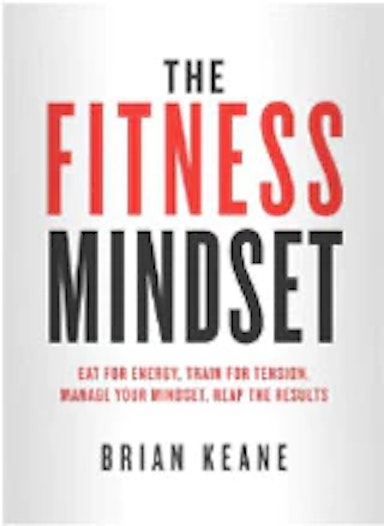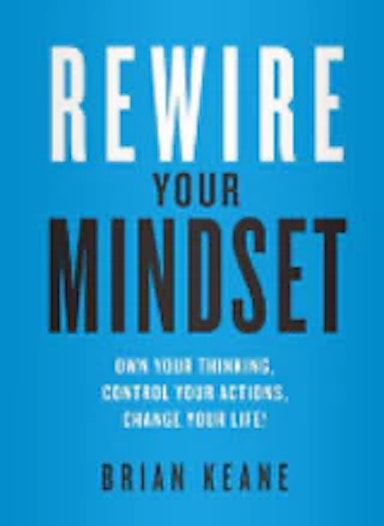Are bcaa’s the secret to fat loss?
- By Brian Keane
ARE BCAA’S THE SECRET TO FAT LOSS?
I once heard a great quote from a top fitness professional where he said ‘I would never step foot in a gym without my headphones or my BCAA’s’.
That resonates with me more than most (I’ve literally left the gym on days that I forgot my headphones) but there is also massive truth in never training without branch chain amino acids (BCAA’s) in hand.
The one supplement that I believe everybody should use (from the bikini girl to the bodybuilder to the football star) is BCAA’s. Whether your goal is to lose body fat, build lean muscle or improve sporting performance, BCAA’s (dosed and timed properly) will support that goal.
Protein can serve as the ideal muscle fuel during intense exercise. But your body uses only certain amino acids for that purpose: the branched chain amino acids (BCAA’s).
WHAT ARE BCAA’S?
Branched chain amino acids are made up of three amino acids, leucine, isoleucine and valine. Leucine is the ‘powerhouse’ of the three; valine and isoleuicine are just supporting it. Leuice is like your leading actor in a movie and isoleucine and valine are the two supporting actors
WHAT MAKES BCAA’S SO GOOD?
A large percentage of dietary amino acids are oxidised and wasted before reaching the circulatory system (that system that circulates blood through the body). The exceptions to this pattern are the BCAA’s; over 80 per cent of dietary content of leucine, valine and isoleucien reaches circulation. It seems that the body spares this for one purpose, muscle preservation and muscle fuelling.
BCAA’s reach the muscle directly to serve as emergency fuel. This means they work incredibly well if you are trying to reduce body fat from a calorie deficit (i.e. you are burning more calories than you’re consuming) as they will do one of two things:
1) They work to ‘preserve’ the muscle you already have (which will keep your metabolism higher and allows for better body composition).
2) They can be used as an actual fuel sources (giving you energy and fuelling working even though calories are low).
HOW DOES IT GIVE ME ENERGY?
Ori Hoflmekler discusses the idea of ‘The Alanine-Glucose Cycle’ in his book ‘Unlock the Muscle Gene’. This cycle is the process where BCAA’s covert alanine and glutamine which serve as carbon donors to the production of glucose; in simple terms, you get energy without spiking insulin (and it allows you to fuel your muscle AND burn body fat at the same time).
Unlike other amino acids, which serve mainly as building blocks for muscle protein, leucine signals protein synthesis even during time of restricted eating or calorie deficits.
Not only that but BCAA’s have been shown to balance insulin and blood sugars. For example, there are times when some of my clients physically cannot have food due to their work or family commitments, so instead of having a meal, they will have 5-10g of BCAA’s.
We use this as a back up plan for two reasons.
- It gives them an energy source (without food)
- It will balance out blood sugars levels so you don’t get a massive drop, facilitating overeating in the next meal.
Of course, this is only a back up plan; nothing can substitute ‘real food’ but its an amazing plan B for days when you physically cant get a meal in at a specific time.
HOW MUCH BCAA’S DO I NEED?
I generally recommend between 10g and 20g of BCAA’s per day (for me, I have 5g morning, pre, intra and post workout) but the key is getting the right amount of leucine.
To maintain and preserve muscle during a calorie maintenance (you’re eating the same amount of calories that you’re burning), the general recommendation is 1-3g of leucine per day but to build lean muscle (or hold your muscle in a calorie deficit), 8-16g is probably going to serve you much better.
LEUCINE CONTENT IN FOOD:
You don’t necessarily have to supplement to get this level of leucine (its just makes it easier) as you can get it purely from food. I will list the main sources of leucine below in per 100g servings:
- Whey Protein 8.0g
- Raw Chedder Cheese 3.6g
- Lean Beef 1.7g
- Salmon 1.6g
- Almonds 1.5g
- Chicken 1.4
- Chickpeas 1.4g
Looking at the list, it really shows how supplements ‘should be used’. Nothing will ever compare to ‘real food’ for overall health and function (its what we were designed to eat) but supplements such as a good whey protein or a BCAA’s tablets, capsules or powder can massively increase your chances of success when trying to lose body fat or build and preserve lean muscle.
The reality is, if you need 8g of leucine per day; you literally need less calories getting it from a supplements than to eat the food equivalent of say chick peas. This is how supplements have been designed to ‘help’ you on your journey. Remember, supplements will ‘supplement’ your diet and training –they are not #1, they’re not even #2.
One of the biggest mistakes I made when I started training first was over relying on supplements; I thought that if I took this fat burner or this protein powder, I would turn into the model on the cover of the Men’s Fitness Magazines.
That’s not the job of supplements (even though their marketing would have you believe otherwise) – a solid nutrition plan based around good complex carbohydrates, healthy fats that support hormone function and good quality protein sources and training program that supports your goals are the key to your short term and long term success. Supplements (including BCAA’s) will help you on the journey but make sure you have everything else in place first.
Blog Post 2016-08-24
Written by Brian Keane





